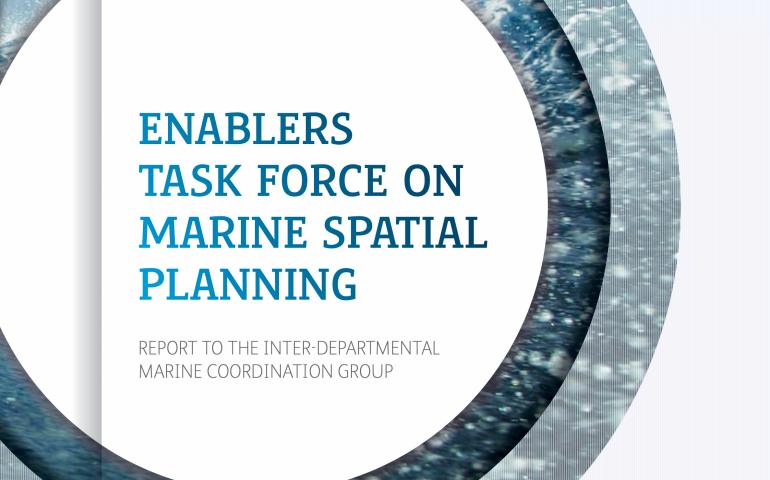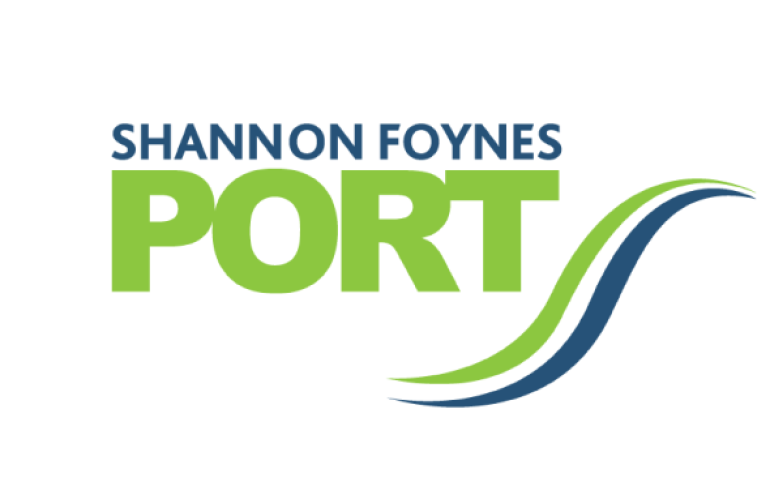
Five Departments which have a marine policy and / or a regulatory role and the Office of the Attorney General were represented on the Task Force. Areas examined by the Task Force included:
- Emerging EU policy in relation to maritime spatial planning;
- The need for any further legislative changes that may be required to support a national maritime spatial planning framework;
- International best practice on developing integrated marine planning and licensing, benchmarking Ireland’s marine regulatory framework; and
- A national maritime spatial planning capacity and responsibility for data coordination and exchange.
The Task Force benefited greatly from a number of expert presentations, video conferences and discussions, including liaison with marine spatial organisations in England, Scotland and Northern Ireland. The Task Force also benefited from two research studies commissioned on its behalf by the Marine Institute:
- A study on the legal aspects of marine spatial planning, undertaken by an inter-disciplinary team of planners and barristers (MacCabe Durney Barnes; UCD Planning School; and the University of Aberdeen), and
- A review of international best practice in marine spatial planning, carried out by Dr. Wesley Flannery, Queen’s University Belfast.
Marine spatial planning (MSP) is normally a statutory process carried out by public authorities. It involves extensive consultation, and employs Geographic Information Systems to collate and analyse spatial data relating to the uses, current and potential, of marine space and its goods and services. It seeks to manage, in an integrated and neutral manner, the spatial and temporal demands of the full range of marine sectoral policy objectives, the interaction between human activities and their pressures on the environment and to ensure effective linkages with terrestrial (landuse) spatial planning. It is important to emphasise that MSP is the process that delivers marine spatial plans and requires the involvement of policy makers, statutory bodies, stakeholders and the general public in their preparation, implementation, monitoring and review.





